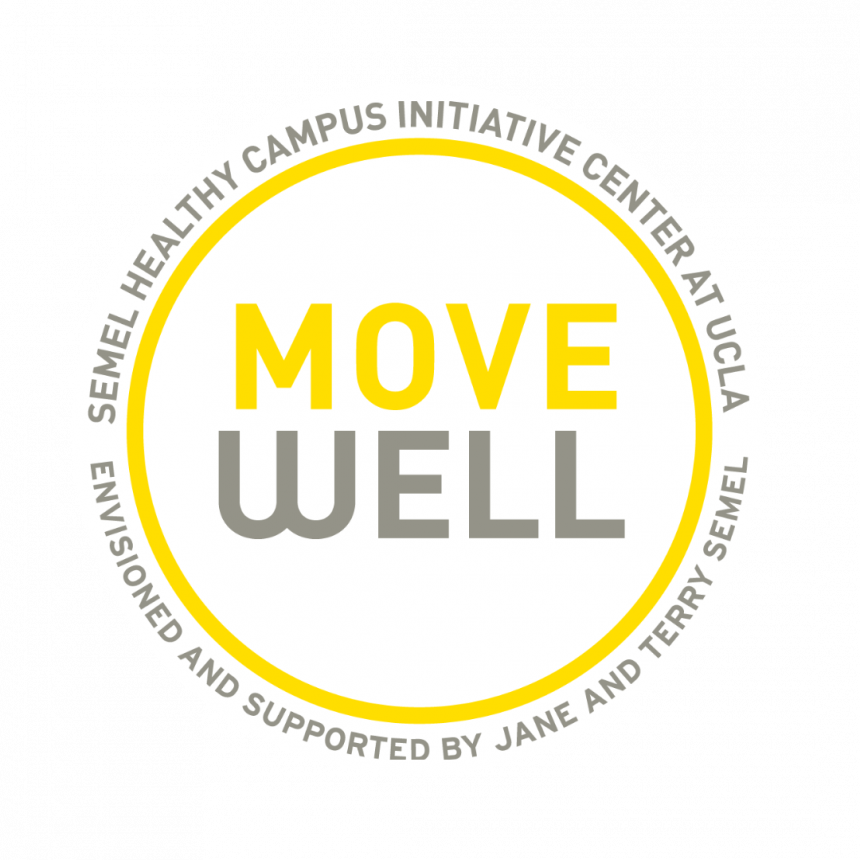Online vs In-Person Fitness Training: Which is Right for You?
Interested in kick-starting your fitness routine but have no idea where to start? With the craze surrounding fitness social media influencers and the plethora of workout programs available for purchase online, deciding what is right for you can be overwhelming. Long gone are the days of having to step into the gym to seek the advice and guidance of a personal trainer. But is this movement away from in-person training and towards online fitness training a good thing? Let’s take a closer look.
Pros of In-Person Training:
- Certification. In general, personal trainers that work in commercial gyms have completed an online or in-class personal training course and exam required to receive their certification and be hired. According to the National Federation of Personal Trainers, with knowledge in human anatomy, basic nutrition, as well as in functional movement and exercise science fundamentals, certified personal trainers help individuals reach their fitness goals through coaching and by writing workout programs for their clients. Essentially, certification guarantees that your personal trainer has completed the minimum formal training required to help you achieve your goals.
- Real-time form correction. This is especially important for beginning resistance trainees. A personal trainer can teach you how to perform an exercise correctly, saving you the trouble of having to correct bad habits later on, as well as reducing your risk of injury.
- Accountability. A personal trainer not only programs workouts to match your fitness goals, but he or she also makes sure you’re not skipping any reps or sets specified in your program.
- Social Benefit. In a study comparing the effects of group exercise and exercising on one’s own, researchers found that group exercise led to a “statistically significant decrease in perceived stress and increase in physical, mental, and emotional quality of life.” In general, trainees work with personal trainers for extended periods of time, and naturally a personal relationship that goes beyond that of student and teacher develops as each individual interacts with and learns more about the other.
Cons of In-Person Training:
- Expensive. The average cost of personal training in Los Angeles is $49 per session, and nationwide it ranges from $49-$164 per session.
- Scheduling. Depending on how busy your days are, it can be difficult to set up a training schedule that fits both you and your trainer’s availability, as well as the gym hours.
- Nutrition. Most people tend to underestimate the importance of nutrition in reaching their goals. Personal trainers, unless they are certified nutritionists, are not qualified to give nutritional/diet advice.
- Variable quality. Not all personal trainers nor certifications are created equal. Some personal trainers have additional certification/education that goes beyond the minimum required to be considered a certified personal trainer, and others have years of experience helping various types of clients reach their goals.
Pros of Online Fitness Training:
- Diversity. If you look hard enough, you are almost guaranteed to find a program that suits your goals and lifestyle. For example, if you struggle to work out because you don’t have access or time to get to the gym, there are numerous at-home, bodyweight workout programs that do not require the use of any equipment.
- Instant access. Once you pay for your subscription or purchase a program, it is instantly available for you to review.
- Flexible scheduling. You don’t have to worry about scheduling around your personal trainer’s availability because you will be completing the program on your time.
- Affordability. Although the price of online workout programs is highly variable, it tends to be significantly cheaper than having to pay a personal trainer for the same amount of workouts as provided in the program.
Cons of Online Fitness Training:
- Not personalized. The program is written to guide a very wide range of individuals to a similar goal. The program does not take into consideration your exercise background nor injury history the way a personal trainer would.
- No form checks. You will most likely rely on videos to show you how to perform an exercise, but you generally won’t have anyone to correct you as you perform the movement.
- Less accountability. On mentally and/or emotionally exhausting days, you might decide it’s okay to skip a rep, set, or even an entire workout. Without anyone there to push you, the temptation to cheat your program is large.
- Questionable credibility. As is the case with any information you find on the internet, the credibility of online programs is highly variable. Before putting down any money, ask for references, read reviews, and ensure that the person who has written/created your program of choice is certified and experienced.
How do you decide between in-person or online fitness training?
- What is your level of experience? Beginner trainees usually need to learn basic exercise form, need help with programming, and might need the encouragement of an in-person personal trainer. However, in-person personal training is also beneficial for intermediate and even advanced trainees. For example, a competitive powerlifter experiencing a strength plateau might seek the expertise of a coach in order to restimulate strength progression.
- Is scheduling an issue? People with busy, unpredictable schedules might be better suited for online fitness programs. Also, intermediate to advanced trainees who have already built a strong foundation in their choice of movement might find that an online workout program tailored to their goal would be the best investment of their time and money.
- What are your priorities? As one can see, there are pros and cons to each approach to fitness training. Ultimately, the choice comes down to what your priorities are, and what risks you are willing to take.
Interested in seeing where your fitness stands? You’re in luck: UCLA Recreation will be providing free fitness assessments on November 14th, 2019 at the Court of Sciences from 11 AM – 1 PM. Fitness assessments are conducted by UCLA Recreation’s certified personal trainers and consist of muscular endurance and cardiovascular evaluations, as well as movement screenings and flexibility tests. The event is open to all UCLA students, staff and faculty, but space is limited, so be sure to reserve your spot through the UCLA Rec website!
Nicole Dominguez is an undergraduate student at UCLA studying Psychobiology. In addition to blogging for the MoveWell pod, Nicole is getting certified as a personal trainer through UCLA Recreation’s Fitness Leadership Program. In her free time, Nicole enjoys lifting weights, watching YouTube, and spending time with family and friends.



